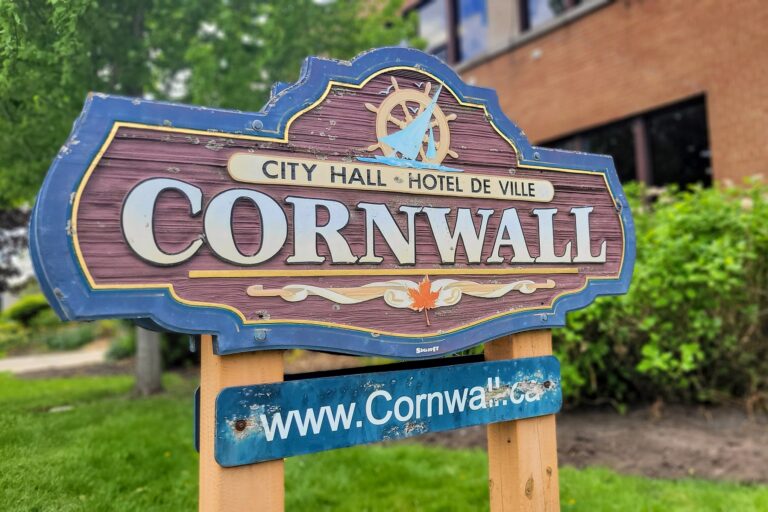
Photo by Andrew Neel on <a href="https://www.pexels.com/photo/macbook-pro-on-brown-wooden-table-2312369/" rel="nofollow">Pexels.com</a>
Global pandemics aside, we all need help from time to time. Your small business may need startup funding, working capital or money to purchase new equipment. If you’re unfamiliar with what you need to apply for a small business loan, you’re in the right place.
A crucial element of a small business loan application is the company’s financial statements. Having them accurately and professionally prepared by a public business accountant in Toronto makes you and your business look more professional.
Every lender has their own application process, but in general, this is what you’ll need to include in your small business loan application:
A Professional Business Plan
Most lenders require a strategic business plan as part of their loan application. If you haven’t drafted one that was used to secure funding, you may want to hire a professional depending on how comfortable you are doing it yourself.
There are several sections that can be included in a business plan, but the most common include:
- Company mission statement and objectives.
- A description of your industry and your company’s standing in the market.
- SWOT analysis (strengths, weaknesses, opportunities, threats).
- Your sales and marketing strategy.
- Operating procedures.
- Bios of your directors and partners.
- Current financials (see below.)
- A detailed breakdown of how you intend to use the money.
Current Cash Flow
This kind of report expands on some of the information contained within a business plan. Cash flow reports will typically show current or expected income (for start-ups) against expenses. The difference is used a predictor for your ability to repay the loan and your other expenses.
Detailed Accounts Receivable Information
The lender will look at the number and total of outstanding accounts, each account holder’s purchase and payment history and the length of time accounts remain outstanding. Accounts Receivable is generally considered an asset (depending on the length of time the account has remained outstanding), can help your business secure a loan and possibly improve the terms.
Detailed Accounts Payable Information
Lenders will also want to see the businesses payment history. It can also help to have references from your suppliers. Having businesses owners who can vouch for your repayment history can go a long way in reassuring a lender.
Other Financial Statements
Depending on the lending institution and your specific personal and business situations, these can include:
- Balance sheets
- Profit & Loss Statements
- Business CRA Returns
Collateral
This refers mainly to business assets unless the business doesn’t have many, then you may have to use your personal tangible assets.
Your Personal Credit Score
Your personal credit score and report are used to determine if you qualify for a loan as they show your debt repayment history. Generally, you need a credit score of at least 700 to qualify for a small business loan.
Personal Financial Records
Financial records that may be requested can include:
- Details of personal assets
- Investment accounts
- CRA returns
Partners will also need to provide their details.
Business Credit History
Usually the longer you’ve been in business, the better your chances of getting approved. For start-ups, your personal credit history and credit score are used instead.
Insurance
Showing a lender that you have the right personal and business insurance coverages is usually a requirement for a small business loan. If not, being insured reduces your risk profile as a borrower.













